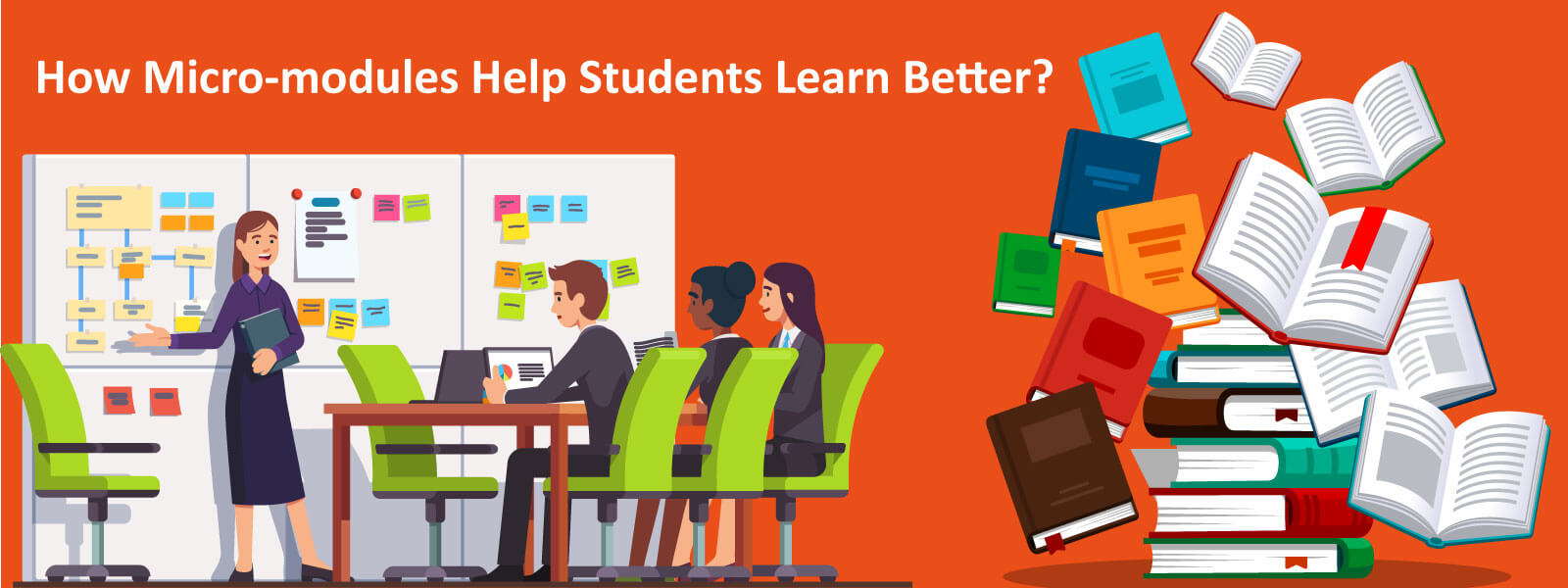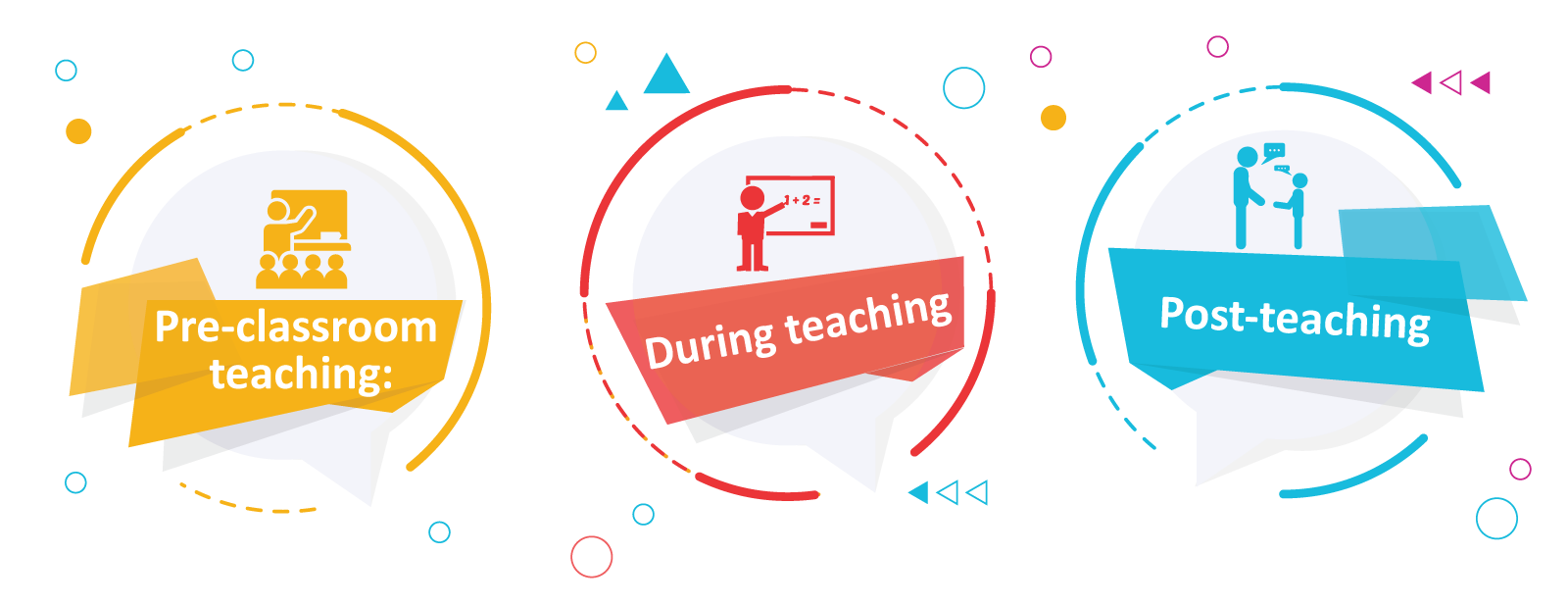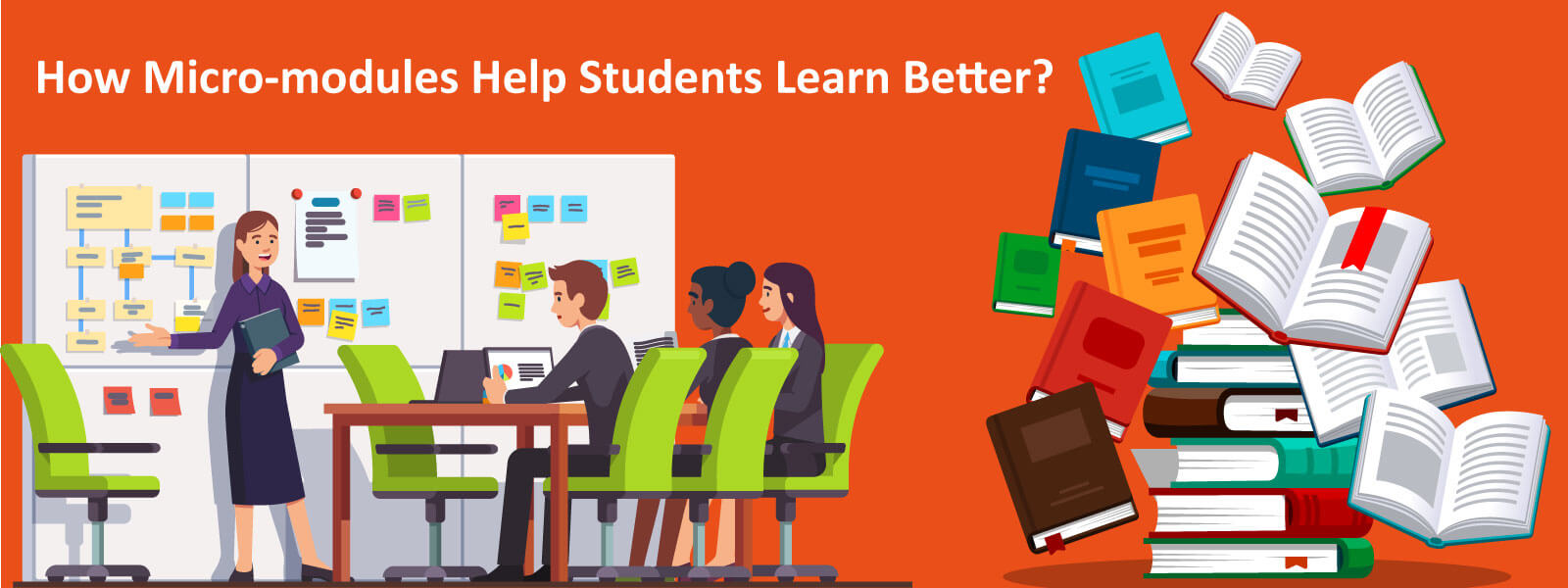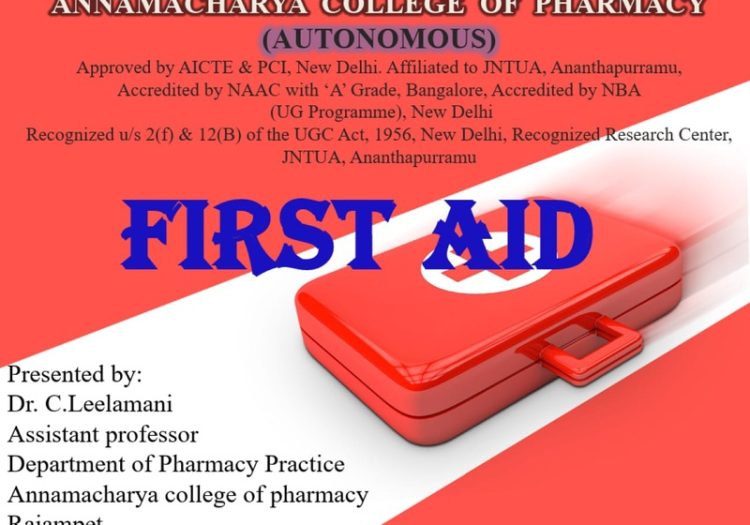
How Micro-modules Help Students Learn Better?
Digital learning has come a long way in delivering quality education. But it doesn’t mean the old classroom teaching approach has become any less effective.
To get the best of these two teaching methodologies, blending learning strategy by converting lengthy courses to micro-modules is required. This would help students have a better understating of things.
Micro-modules beautifully combines traditional learning with technology. While the digital components give students flexibility, personalized learning experience and access to latest content, the classroom teaching provides a highly interactive learning environment. In micro-learning, the bite-sized learning nuggets explain a single topic comprehensively.
Let’s explore how micro-learning modules help students during and after learning sessions.

Pre - Classroom Teaching
Micro-modules provide students a foretaste of what is going to happen in the classroom
- Short introductory videos build curiosity and get students attracted to the classroom teaching.
- In flipped classrooms, micro-modules explain basic concepts, which can be discussed in detail in classrooms.
- Quiz-based micro-modules test students’ existing knowledge and help teacher give students only the necessary training.
During Teaching
- In the classroom, micro-learning modules make the session more lively, boost students’ participation and offer deeper insights.
- Through polls and surveys, micro-modules gauge students’ perception.
- Short videos make the demonstration of complex machinery easier, which are not possible in a normal classroom environment.
Post-Teaching
After a classroom session, the micro-learning assets help the learners retrieve their knowledge in time intervals.
- Students can refresh their knowledge by watching the videos or short online modules encapsulating the key takeaways of the teaching sessions.
- Mini-quizzes and scenario-based challenges help the students to test the application of knowledge after the session.
- The micro-assets can also be download and saved to use as performance support tools in future.
Conclusion: Micro-learning modules play a pivotal role in a blended learning system. It is a good fit for every phase of education starting from primary, secondary to higher educations like engineering and management.











